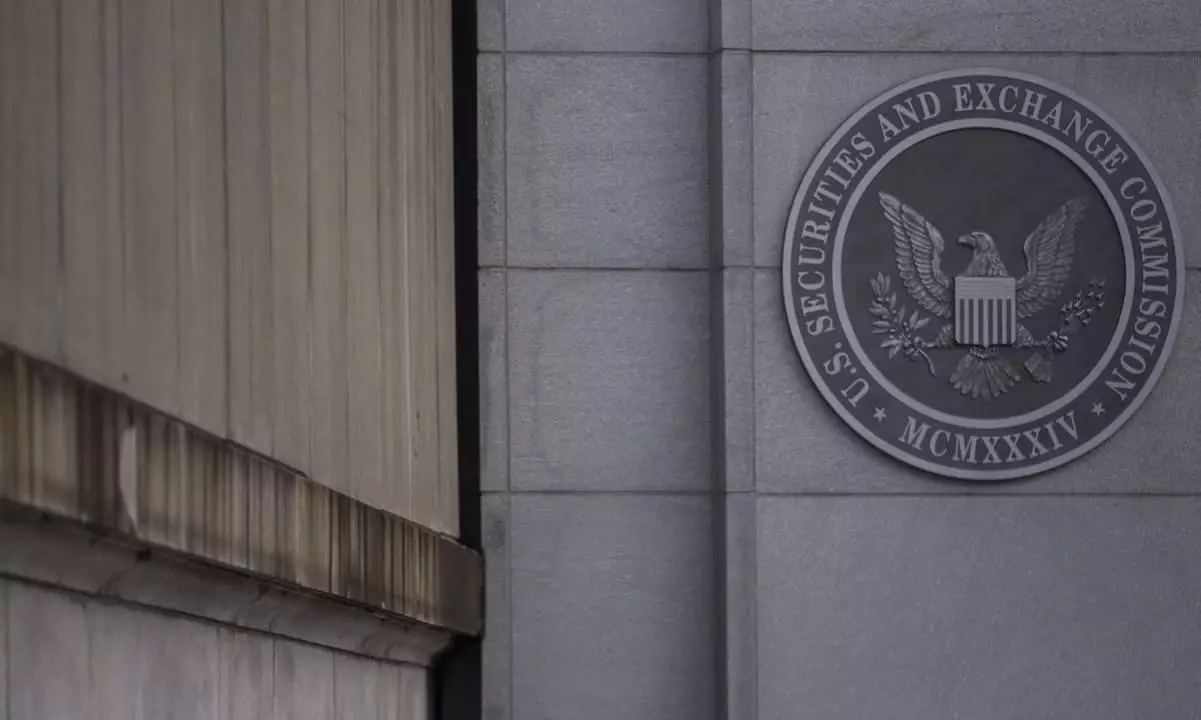The landscape of cryptocurrency trading has become increasingly fraught with regulatory scrutiny, with eToro’s recent challenges exemplifying the complexities involved. The Securities and Exchange Commission (SEC) has initiated actions against the U.S. arm of eToro, resulting in a significant fallout for both the platform and its users. With the SEC alleging that eToro violated federal securities laws since 2020, the repercussions are profound. In the face of these allegations, the exchange will only be permitted to offer a select few cryptocurrencies—Bitcoin (BTC), Bitcoin Cash (BCH), and Ether (ETH)—to its user base, reflecting a significant shift in its operational model.
The SEC’s allegations center around eToro operating as an unregistered broker and clearing agency. By facilitating transactions for various crypto assets deemed as securities, eToro has inadvertently tangled itself in a web of legal compliance issues. The penalties set forth by the SEC, including a fine of $1.5 million, come as part of a settlement agreement that underscores the serious nature of these violations. The exchange has agreed to halt its transgressions against federal securities laws, a move that not only serves its interest but also aligns with the SEC’s ongoing push for stricter regulation in the booming crypto sector.
For eToro’s users, the implications of this settlement are significant. They have been issued a strict timeline of 180 days to liquidate their holdings in the numerous cryptocurrencies that will be delisted. Should users fail to take action within this window, eToro is tasked with liquidating these assets on their behalf—a process that may lead to dissatisfaction among users who may not want to sell at such a time. The limited options left for trading could push eToro’s customers to seek alternative platforms where more diverse crypto trading remains available, raising questions about user retention in a fiercely competitive market.
Despite these challenges, eToro appears to be proactively addressing regulatory demands. The exchange has taken steps to align itself with the SEC’s requirements, signifying a willingness to navigate the murky waters of compliance. Notably, eToro has already restricted various cryptocurrencies considered securities following the SEC’s previous lawsuits against other prominent exchanges like Coinbase and Binance. These efforts, including the deliberate removal of notable tokens such as Ripple (XRP) and Cardano (ADA), suggest a cautious approach aimed at establishing a favorable relationship with regulators.
The actions against eToro are not isolated incidents but part of a broader trend across the cryptocurrency industry, where regulatory agencies are ramping up oversight in response to increasing investor concerns about security and compliance. The SEC’s vigorous stance serves as a clarion call to other crypto intermediaries, urging them to consider their regulatory standings seriously. As eToro strives to reconfigure its business amid these challenges, the situation underscores the increasingly precarious balance that crypto exchanges must maintain between innovation and compliance.
As the industry evolves, it will be crucial for platforms like eToro to ensure that they are not only adhering to current regulations but also anticipating future changes in the regulatory landscape. How well they achieve this will ultimately determine their sustainability and success in a highly dynamic market.


Leave a Reply